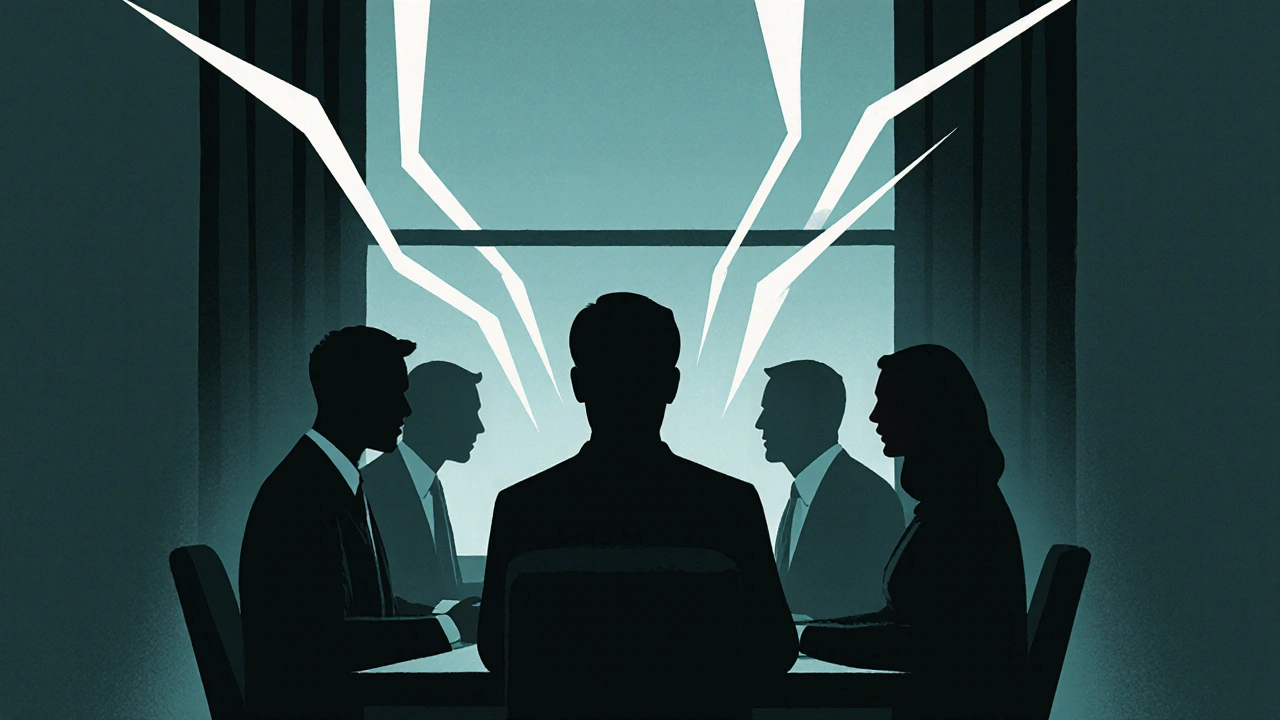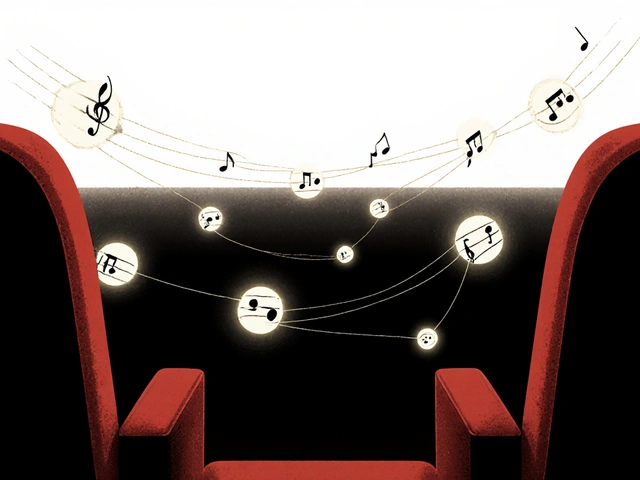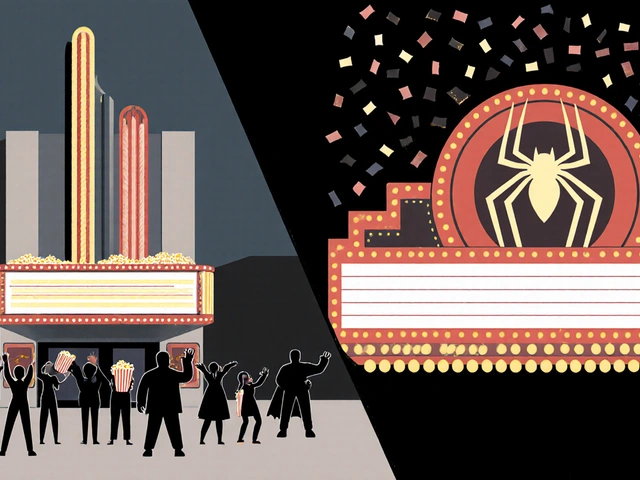Aaron Sorkin: Master of Dialogue and Fast-Paced Storytelling
When you think of Aaron Sorkin, a Pulitzer Prize-nominated screenwriter and producer known for his rapid-fire dialogue and morally complex characters. Also known as the king of walk-and-talks, he doesn’t just write scenes—he builds rhythm. His scripts don’t just tell stories; they pulse. Characters interrupt each other. Ideas fly like tennis balls in a high-stakes match. You don’t watch an Sorkin show—you feel it in your chest.
His work defines what dialogue-driven storytelling looks like. Shows like The West Wing and Social Network didn’t just win awards—they changed how writers think about pacing. He doesn’t use silence to build tension; he uses speed. And it works because every word matters. You won’t find filler monologues in his scripts. Every line pushes plot, reveals character, or challenges belief. That’s why actors love him. He gives them something real to fight for, even when they’re just walking down a hallway.
He doesn’t write for passive viewers. He writes for people who want to think while they watch. His characters argue about ethics, power, and truth—not because it’s dramatic, but because it’s human. You’ll find his fingerprints on political dramas, legal thrillers, and even sports biopics. But the pattern stays the same: smart people talking fast, trying to do the right thing, and usually failing in beautiful ways.
What you’ll find below isn’t just a list of articles. It’s a collection of pieces that touch on the same energy Sorkin brings to the screen—writing that moves, editing that tightens, and storytelling that refuses to let you look away. Whether you’re curious about how dialogue shapes viewer engagement, how pacing affects retention, or why some writers command attention while others fade, you’ll find answers here. These aren’t just about tools or trends. They’re about the craft behind what makes content stick.
3
The Power of Dialogue in Drama: How Aaron Sorkin and Quentin Tarantino Redefined Screenwriting
Explore how Aaron Sorkin and Quentin Tarantino use dialogue to reveal character, build tension, and create unforgettable drama-without relying on action or spectacle.
Latest Posts
Popular Posts
-
 Sling Freestream: 500+ Free Channels and On-Demand Content
Sling Freestream: 500+ Free Channels and On-Demand Content
-
 MotoGP and IndyCar Streaming Options in 2026: Where to Watch Live Races
MotoGP and IndyCar Streaming Options in 2026: Where to Watch Live Races
-
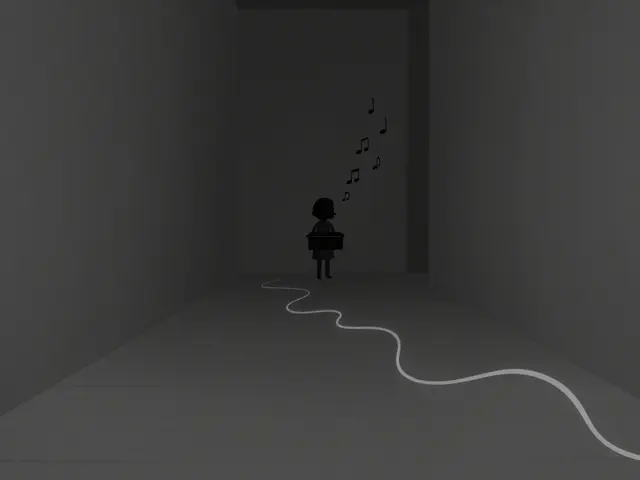 Horror Soundtracks That Scare: From The Exorcist to Hereditary
Horror Soundtracks That Scare: From The Exorcist to Hereditary
-
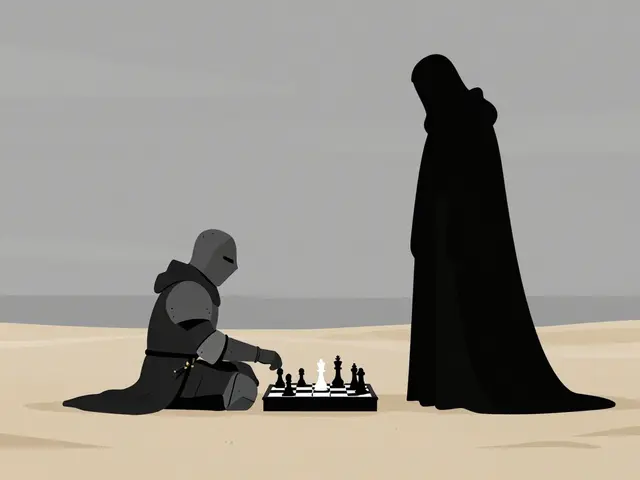 The Seventh Seal Explained: Ingmar Bergman’s Medieval Meditation on Death
The Seventh Seal Explained: Ingmar Bergman’s Medieval Meditation on Death
-
 Netflix Recommended Internet Speeds: Official Requirements Explained
Netflix Recommended Internet Speeds: Official Requirements Explained
Categories
Tags
- streaming services
- video editing
- video production
- parental controls
- video editing software
- marketing mix
- subscription management
- streaming apps
- Max streaming
- video editing tips
- tips
- ROI
- video marketing
- video editing tools
- marketing strategy
- Premiere Pro
- classic cinema
- Kurosawa
- streaming setup
- Prime Video
